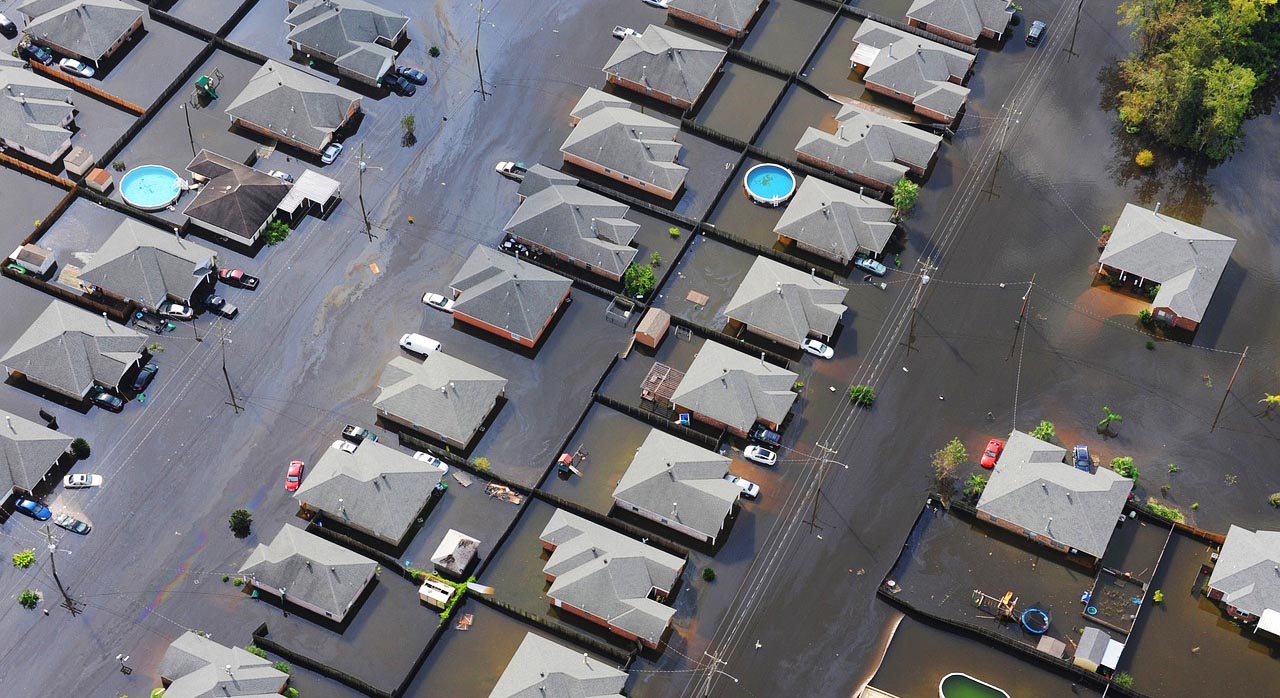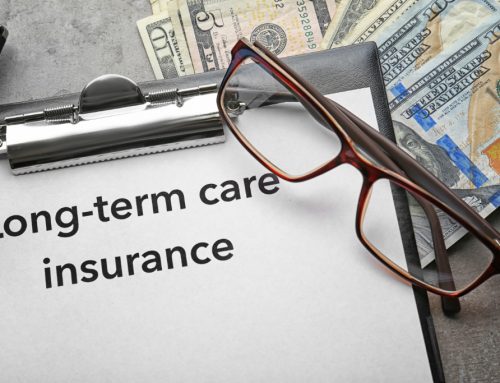Even residents of Florida would like to think that natural disasters such as a flood or sinkhole are rare occurrences. However, as Hurricane Matthew showed us recently, the impact can be unexpectedly devastating for those trapped in eye of a storm.
Hopefully, you and your home were not in Matthew’s path. But, are you prepared for the consequences of the next flood or sinkhole? Are you prepared to pay out-of-pocket what your home insurance policy does not cover? Although licensed insurers are required to offer sinkhole coverage as a rider or addendum to an existing homeowner’s insurance policy, the allotted amount might not be enough to keep you out of a financial hole.
Questions to ask yourself
Depending on assistance from the government is an uncertain option; there is no guarantee the amount they provide will be enough. With this in mind, the decision to buy flood or sinkhole insurance leads to more questions:
• Do I live in a high-risk area for either of these disasters?
• Should I assess the potential costs before buying a policy?
• Am I in a financially strong position to repair, replace or rebuild my home?
• What can I do to fortify my property and secure my personal belongings so potential losses are minimized?
Answers to these questions are mere speculation at this point. Nevertheless, you can put yourself in a stronger position by doing so and considering additional insurance coverage.
When to Consider Flood Insurance
Generally, flood insurance offers some protection, but it does not cover all types of damage. In addition, coverage is not available as an endorsement to your current homeowner’s insurance policy.
You usually have to buy a separate flood insurance policy. Either you can choose a company that participates in the federal government’s National Flood Insurance Program, or you can purchase a policy that becomes a supplement to the NFIP coverage.
Through NFIP, you can buy up to $250,000 flood protection for your home and up to $100,000 protection for personal belongings. Buying additional coverage through a private insurer is recommended if the value of your home exceeds NFIP’s limit. It is possible that private insurance will cover the full cost or repairs or rebuilding even if you live in a high-risk flood zone.
When Sinkhole Insurance is Necessary
Insurance coverage for sinkholes gets a little tricky. Although Florida has more sinkholes than anywhere else in America, the definition of this disaster may leave your home unprotected.
Insurers must cover a “catastrophic ground cover collapse,” which is not the same as a sinkhole. Your home must meet four criteria for the insurance company to pay the claim after being damaged. The solution is to buy separate sinkhole coverage, which is offered as a rider or addendum.
Protecting the What-Ifs Can Help You Avoid a Financial Disaster
Generally, standard homeowner’s insurance does not cover direct damages from a flood. Any assistance you may get from the federal government is often a loan or grant. Further, these funds are only available after the area is declared a disaster by FEMA.
Reviewing your current insurance coverage can help to determine what should be your next move. Doing this before a natural disaster hits will put you in a better position to make the right decision to return your home life back to normal.
Herndon Carr
10501 Six Mile Cypress Pky #101
Fort Myers, FL 33966
239-939-1996






